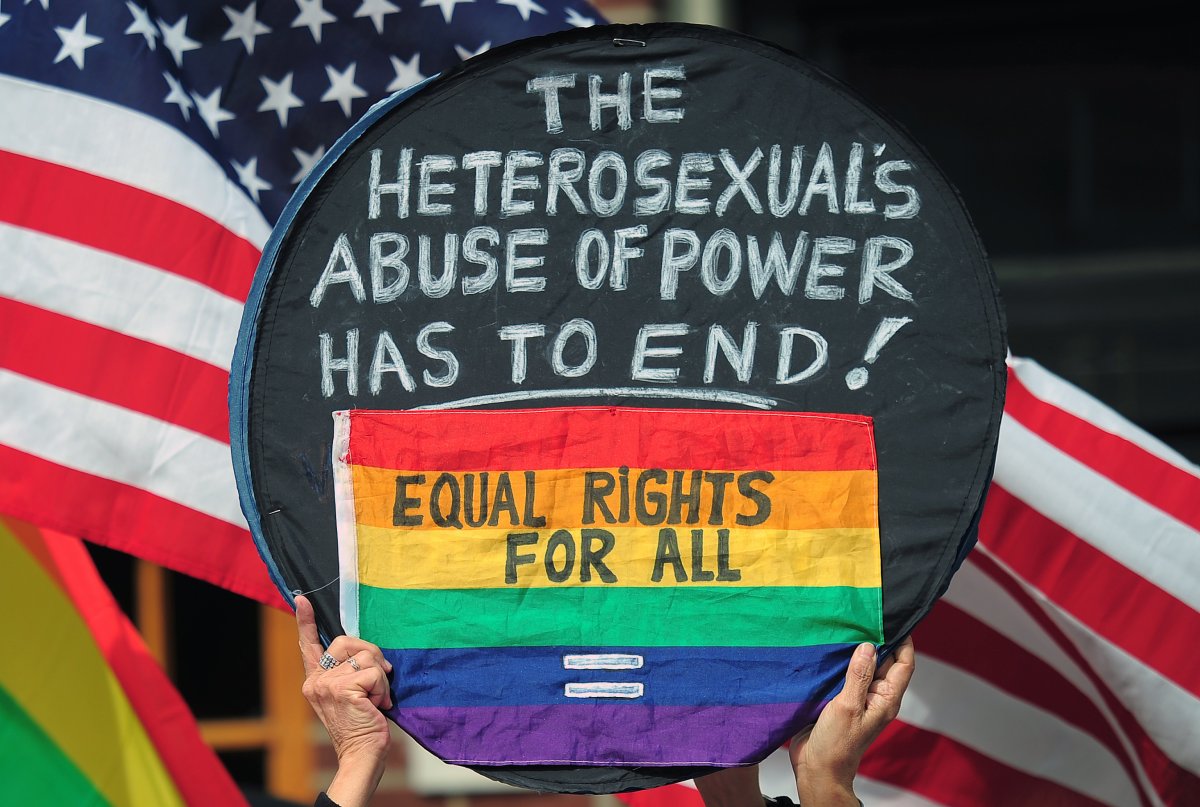CINCINNATI, Ohio – A federal judge on Monday declared that Ohio’s ban on gay marriage is unconstitutional, but his ruling applies only to death certificates.

Judge Timothy Black’s decision orders state officials to recognize same-sex unions on death certificates. Although his ruling applies narrowly, his statements about the ban are sweeping and expected to lead to further litigation challenging the law.
The judge’s decision says that “once you get married lawfully in one state, another state cannot summarily take your marriage away.” He says the U.S. Constitution recognizes the right to remain married as a fundamental liberty.
The decision relates to a lawsuit filed in July by two gay Ohio men whose spouses recently died and wanted to be recognized on their death certificates as married. The couples got married over the summer in states that allow same-sex marriage.
The judge cited the U.S. Supreme Court’s decision this year striking down part of a federal anti-gay marriage law, saying the lower courts are now tasked with applying that ruling.
Momentum in the U.S. is moving in the direction of gay marriage. Eighteen states and the District of Columbia allow same-sex weddings, up from six before the Supreme Court decision.
“When a state effectively terminates the marriage of a same-sex couple married in another jurisdiction, it intrudes into the realm of private marital, family, and intimate relations specifically protected by the Supreme Court,” the judge wrote in the Ohio case.
Black referenced Ohio’s historical practice of recognizing other out-of-state marriages even though they can’t legally be performed in the state, such as those involving cousins or minors.
He said “there is absolutely no evidence that the state of Ohio or its citizens will be harmed” by his ruling.
Spokespeople for Ohio Gov. John Kasich and Attorney General Mike DeWine declined to immediately comment on the ruling.
Bridget Coontz, the attorney who argued on behalf of the state, said Wednesday in court that in the Supreme Court’s historic decision, the justices also found that states have the right to decide for themselves whether to recognize gay marriage.
“Ohio doesn’t want Delaware or Maryland to define who is married under Ohio law,” she said. “To allow that to happen would allow one state to set the marriage policy for all others.”
Civil rights attorney Al Gerhardstein argued that the case was “about love surviving death” and said that the state had no right to recognize certain out-of-state marriages and not others.
Black sided with Gerhardstein, saying that constitutional rights trump Ohio’s gay marriage ban, questioning whether it was passed for a legitimate state interest “other than simply maintaining a ‘traditional’ definition of marriage.”
The judge wrote that “the fact that a form of discrimination has been ‘traditional’ is a reason to be more skeptical of its rationality.”



Comments